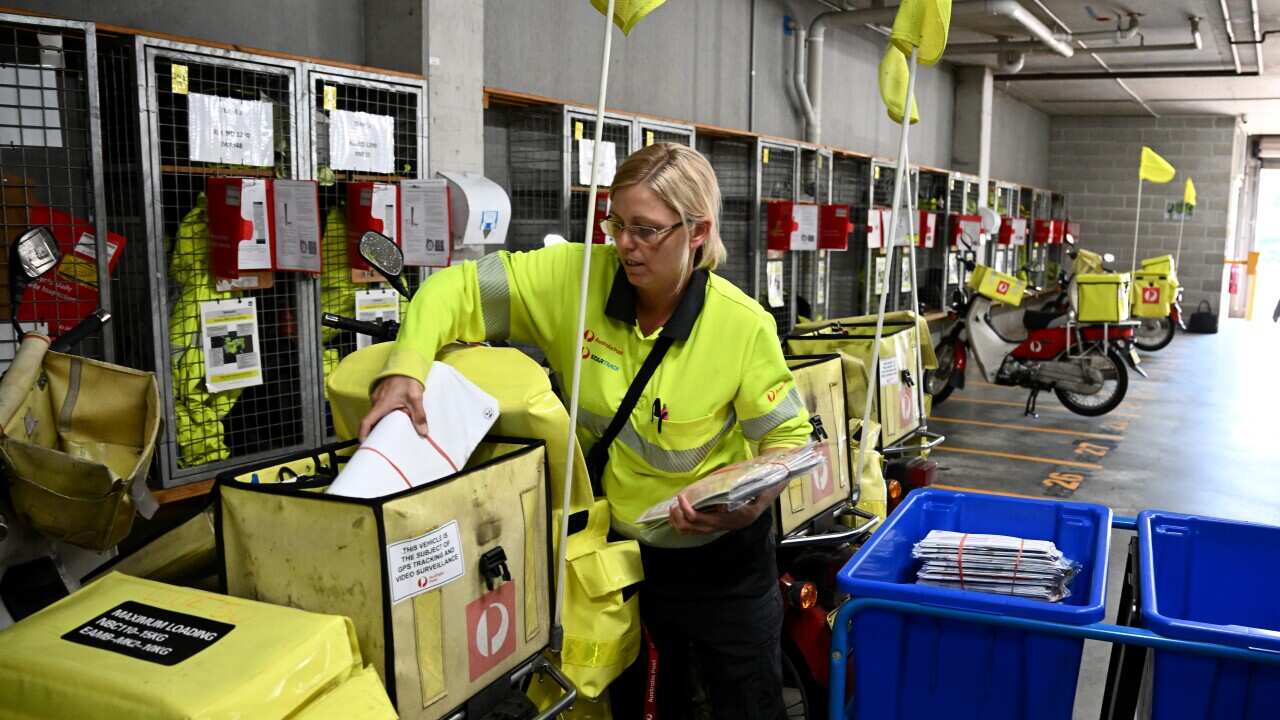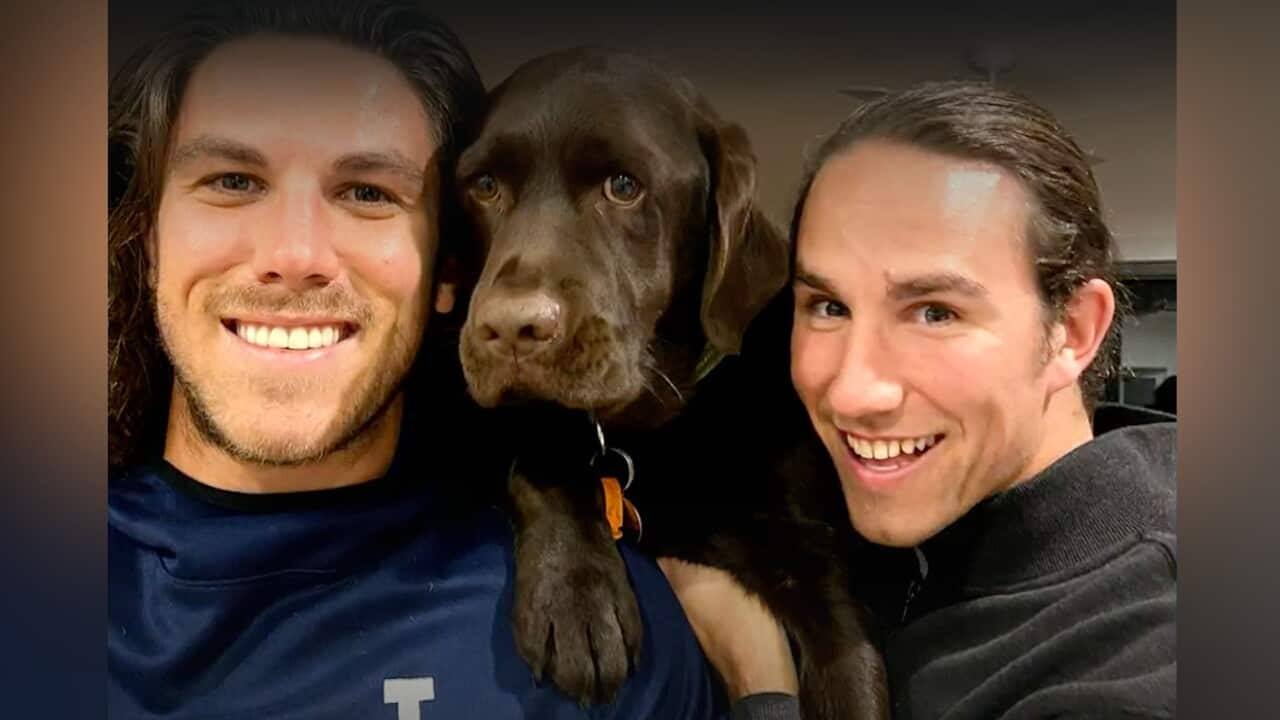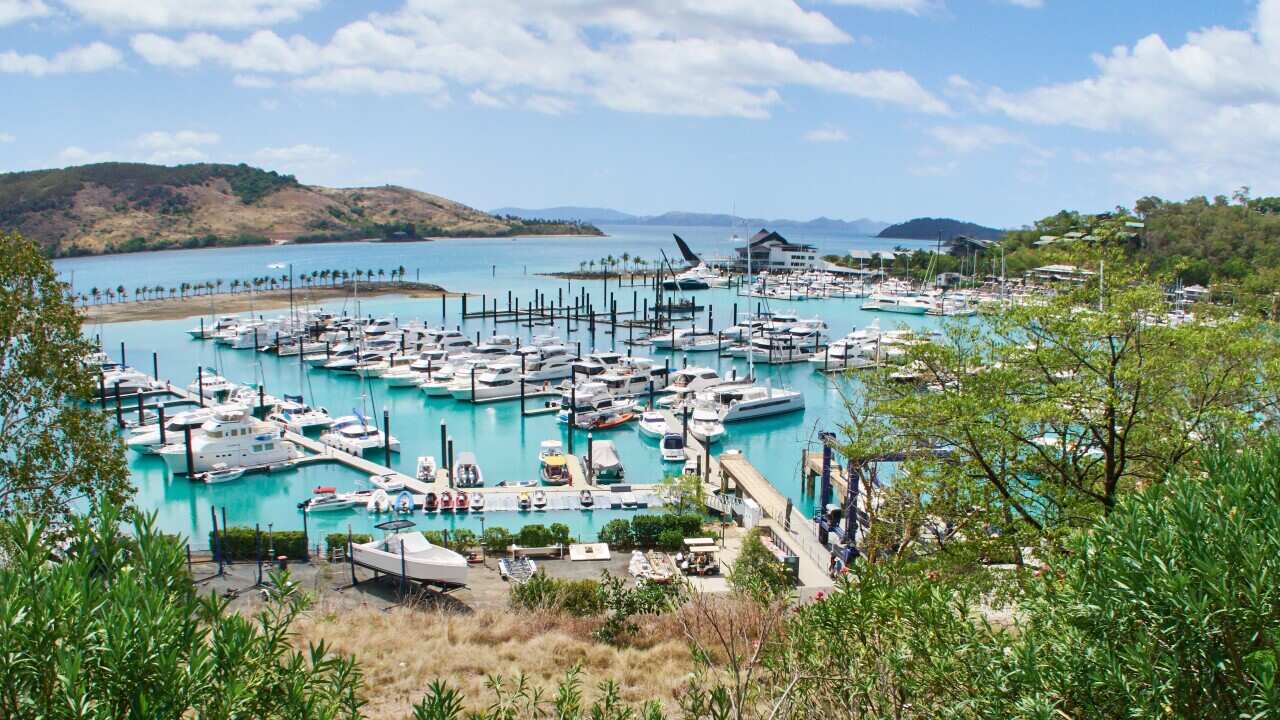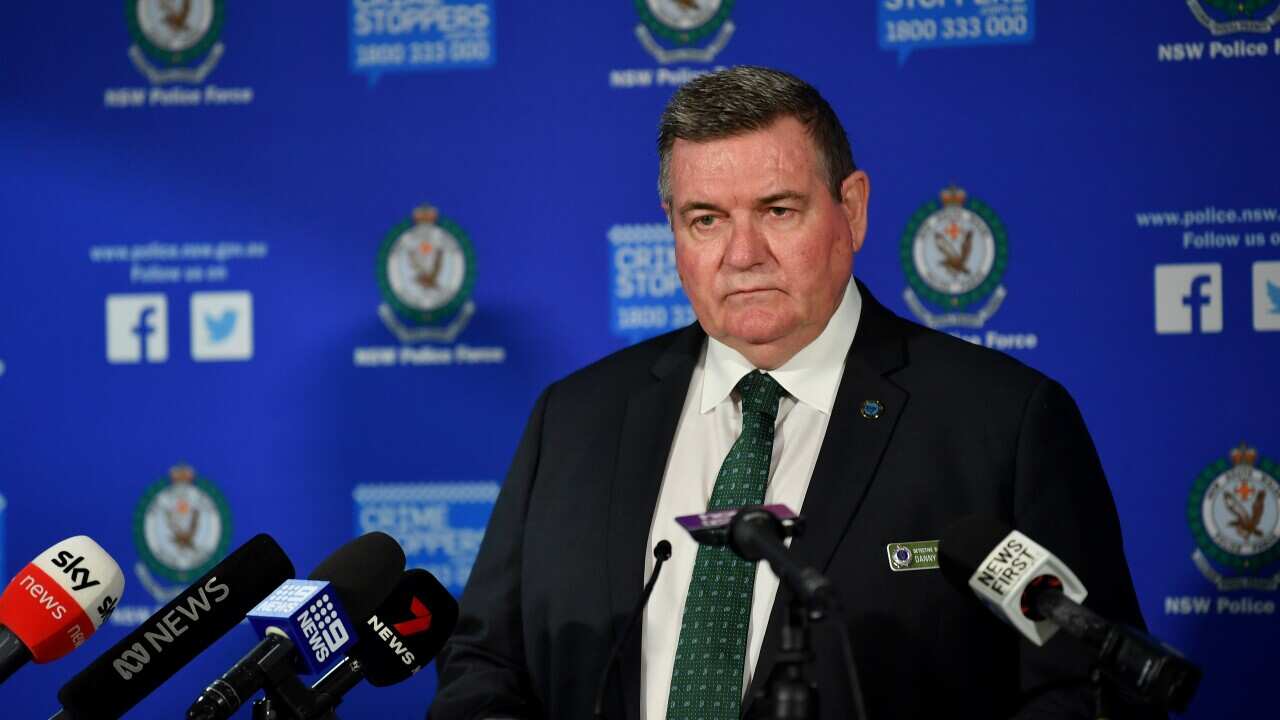Multicultural and Indigenous groups have welcomed the release of a report by the Victorian Royal Commission into Family Violence.
The report has offered 227 recommendations on improving the state's current domestic violence services, with Premier Daniel Andrews promising to implement all of them
Australia's first royal commission into domestic violence has called for broad change, including a greater focus on children, setting up safety hubs around the state and reforming laws.
Joining the chorus of approval are Indigenous and multicultural women's groups.
The chairwoman of the InTouch Multicultural Centre Against Family Violence, Faye Spiteri, says she is encouraged about the report's findings.
"Collectively, what that means for us is that they've the heard the voice of ... not only our voice, but the women from diverse backgrounds, and been really sensitive to including that voice in its consideration and recommendation. And what I find really heartening is that it's not at all a 'tick the box' approach, as you often get in these processes. The commission has done an exemplary job."
The chief executive of the Aboriginal Family Violence Prevention and Legal Service Victoria, Antoinette Braybrook, says she is pleased with the recommendations, too.
She says they put Indigenous women "front and centre."
But she says she thinks the recommendations' impact could extend beyond Victoria's borders.
"I think it would be really good if the federal government comes on board, as well as other state and territory governments, especially in relation to the Family Violence Prevention Legal Services across Australia, where we're restricted to rural and remote areas. And we need both Commonwealth and state and territory governments to come together to support our organisations to have national coverage so that Aboriginal women, regardless of their geographic location, can have access to culturally safe legal services."
The Redfern Community Legal Centre's Charmaigne Weldon has echoed the idea of a national audit.
"I think New South Wales and different states and territories, I think they would all benefit from a review like a domestic-violence review and support with the systems and the mechanisms that go into supporting women escaping domestic violence. I think Australia national-wide would benefit from royal commissions into domestic violence."
The recommendations include culturally appropriate legal and family services for Indigenous men, women and children.
They call for whole of community activities and early-intervention programs and reinstating the Koori Family Violence and Victims Support Program.
Other suggestions include better funding for interpreters and ensuring people receive crisis payments regardless of their visa status.
And they call for updating information on practices such as female genital mutilation and forced marriage.
Faye Spiteri says she is remaining cautiously optimistic about what happens next.
"I think the biggest challenge around that will be what will be prioritised within the available dollars and how quickly that can be done. A lot of the recommendations that relate directly to migrant and refugee women, there's been an indication that they will be implemented within the first 12 months. That will be really interesting to see how that rolls out."
The head of the Victorian Aboriginal Child Care Agency, Muriel Bamblett, says the onus is now on everyone to ensure action happens.
"It does require us as Aboriginal people to be vigilant, to make sure that, in all of the recommendations, that there's an Aboriginal voice. Victoria is certainly leading the way. The challenge for us will be to actually make sure that we bring about change, that we aren't just talking (about) it. And the challenge will be up to us, because we've got a Government now that's committed: they're saying they're going to fund ... put more into Aboriginal communities. So if they're going to do that for Aboriginal (people), for people of non-English speaking backgrounds, for people from all diverse backgrounds, then we've got to really make this work."








